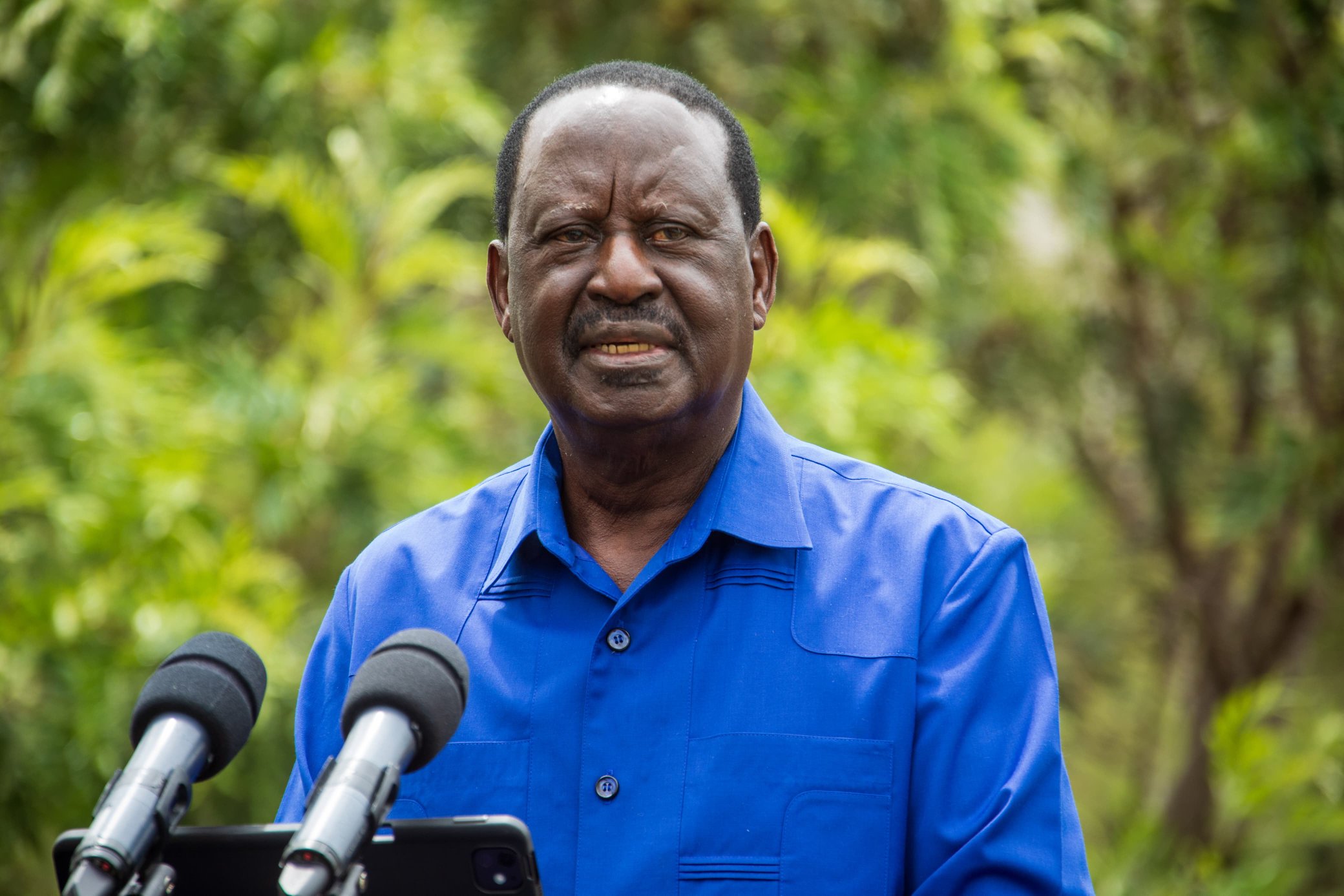Why it is unhealthy to parent your partner

Patricia Kimeu was married for four and a half years. The hotelier by profession shares how her marriage was all bliss at the beginning until she landed a job at a local restaurant.
“When I got married, everything was working out well. Since I had no job, my husband was the sole breadwinner. He supported me and our one-year-old child until I landed a job and things suddenly began to change,” says Patricia.
“He wanted to dictate my schedule. He would want me to dress in a certain way, even if our job required us to be in uniform once we arrived at work. My off days became a nightmare because even when I wanted to run an errand or hang out with some friends, he would really want to pick it up and plan for me things without my consent,” she explains.
This didn’t augur well with Patricia who felt that her husband was becoming too controlling and treating her like a child.
“He would treat me as if I am acting unreasonable. I felt so lost and heartbroken and utterly alone. It felt as though the one man that was supposed to be on my side had turned against me and I couldn’t take it anymore. I had to call it quits,” says Patricia.
Many other couples or partners in a relationship often find themselves in such a situation where one partner treats the other like a child— something psychologists call parenting your partner.
Possible reasons
When a marriage or relationship is balanced and equal, it allows both partners to grow together. They can voice and address any concerns and respectfully nurture one another.
But when your husband or wife treats you like a child, it tilts the power and control in favour of one partner.
“As a therapist, I must say that this is something that happens. Parenting your partner is one major issue that leads to divorce. It mostly happens when one partner feels like they are the ‘boss’ maybe due to their age difference and level of understanding,” says Njeri Ndaru, a psychologist, mental health advocate and teen mentor.
“Where couples have a seven-year age difference or above, the older one tends to feel like they are more experienced in life and are in a position to tell you what to do and what you should not do simply because they may have done something and it failed. I believe the level of education of a spouse really matters. School is not about grades, but the education system transforms your mind. Someone with a higher education level may feel that they have more privileges than their spouse and that can be intimidating,” she explains.
In case someone is deeply in love, they may see it as love and not being parented, by the way someone talks or expresses themselves.
“Parenting your partner is a concept that can be strenuous because the relationship was meant to be a romantic one and not one of parent and child. It can happen due to several reasons—the partner might have grown up taking significant responsibilities in the home they grew up in. Some partners with this kind of background have it ingrained in them that if they don’t give direction, nothing will be done. So, they get into marriage with the same mannerisms forgetting it is a new territory,” says Pastor Terry Gobanga.
She says people who need to watch out on this mostly are first borns and partners who grew up in an environment where one of the parents was parenting the other spouse.
“Children have a front row seat of what their parents are doing every day and these traits become deeply embedded in their young minds. By the time they get married, the role playing comes out automatically. On the other hand, when maturity levels of both spouses are so far apart, one partner tries to be the parent in order to guide the other in decision making and many other things that make a marriage. Partners with strong personalities such as cholerics/perfectionists can easily take up on parenting their spouses, not intentionally,” she adds.
Love in disguise
Josephine Wanjohi, a transformation life coach says the case of a spouse parenting their partner happens in controlling relationships where one partner is dominating. This manifests as a partner belittling, guilt tripping or causing the other to feel insecure.
“Sometimes, that partner makes you lose trust and confidence because they are always out to prove that you do not know; despising your opinion and influencing your decisions in a self-serving manner. Sometimes the control is so obvious while other times it’s subtle, playing out as emotional manipulation. Control damages relationships. Where there is control we say there is abuse too,” Josephine explains.
According to the expert, sometimes control in relationships is well disguised. She opines: “It may not be so obvious to the victim. This is because we often attract our perfect match, hence you are likely to find a victim of control mistaking it for care or love. Other times you will find that such people were abused when young and so they are ‘peace lovers’. They will let the partner have their way on things ‘for the sake of peace’ so the controlling partner learns to have their way and perfects it. On their part, the controlling partner is also someone who was abused now operating on survival mode. They want to be in control to feel secure and relevant.”
All said and done, no one should be parented by their spouse since all it ends up doing is building a sense of superiority complex on the parent partner while the other one feels battered and buffeted with the constant tongue lashing. This will eventually lead to resentment and maybe even a disintegration of marriages.
“This can be avoided by healthy communication skills such as watching your tone while talking to your spouse, creating safe spaces where partners can express themselves freely when they feel disrespected. Therapy, counseling and coaching can help the parent partner to let loose of what they believed to be right simply because of what they saw or believed in. This can also help the child partner in knowing how to speak up if they lack confidence,” Terry says.
“Controlling relationships are unhealthy. The only way to deal with it is to heal. And in this case, the controlling partner needs to heal while the controlled partner also has inner work to do to deal with their vulnerability,” adds Josephine.












